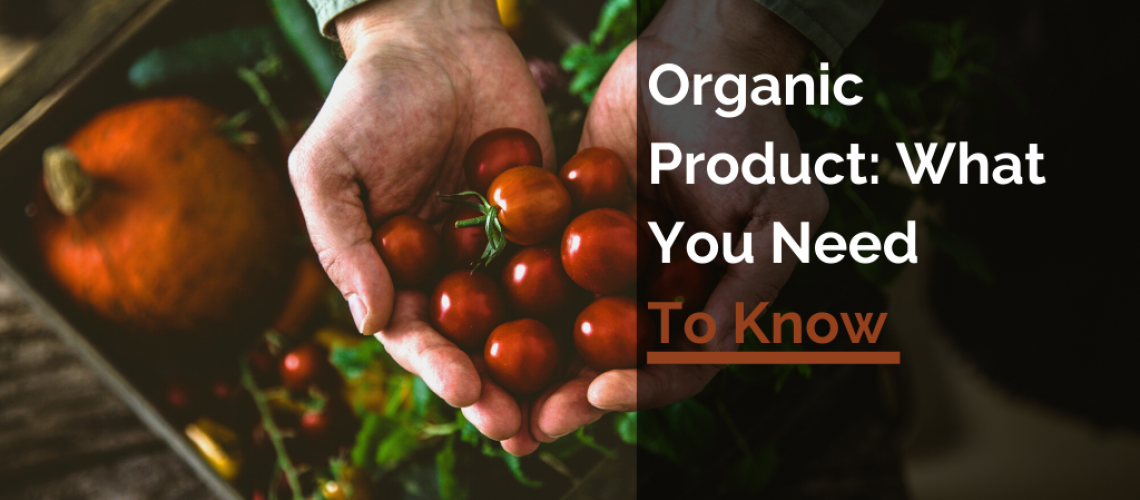Since humankind started to use agriculture as a food production method, many techniques have been developed and enhanced to help with this process. In the middle of the advances, some have been designed to avoid misses by plagues or insects, as pesticides, other for soil-improving, as fertilizers e other, more actual, as genetic modification technique, that creates types of plants that are resistant to plagues, insects, weather and/or plants that present higher productivity.
Even though the techniques had been developed to help the food production for society, many are doubted as their impacts on the environment, as well as human and animal health. Nowadays, where the extreme flow of information travels around the world like the blink of an eye, thousands of consumers are aware of the damaging effects, and because of that, they tend to not acquire products cultivate with the use of such techniques and products that contains ingredients from that type of agriculture.
Due to the large number of aware consumers who are concerned about not just acquire a product but also want a product that does not cause a negative impact on the environment or human health, a new variety of food appeared, known as organics.
What is an organic product?
In a general way, the word organic is used to designate food obtained by an agricultural process that does not use a procedure that could be harmful, in other words, the non-use of fertilizers, pesticides, and Genetically Modified Organisms (GMO’s ). This definition can be widest and present different aspects, depending on the legislation of each country.
notwithstanding, this production is known for softening the impacts on the flora and human health, this kind of production also aims to avoid impacts at the fauna by not allow the permanence of the animals in cages and larger spacing among the animals.
In Brazil, the legislation that regulates organics is Law 10.831 of December 23, 2003, and it defines organic as an agricultural production with the following principles:
- The offering of health products with no intentional contaminants.
- Preserve the biological diversity of natural ecosystems and the increase of the biological diversity of modified ecosystems that fits in with the production system.
- Increase the soil biological system;
- Promote the healthy use of the soil, air, and decrease to the minimum all contamination forms due to these elements that can result from agricultural practices.
- Maintain or increase soil fertility in the long run.
- Residue Reciclying from organic origin, decreasing to the minimum the use of the non-renewable resource;
- Basing on renewable resources and on agricultural system that is locally organized.
- Encourage the integration between different segments in the productivity chain.
- Manipulating agricultural products base on the use of careful methods, with the purpose of maintaining the organic integrity and the product vital quality during all steps.
How know to know if a product is really organic?
The accession of organic products on the markets and supermarkets shelves has been increased day by day. As mentioned beforehand, this is due to the concern of the consumers about their health and the Ambiental impacts. But, how to ensure that a product is organic?
For that reason, the organic product certification was created, where an accredited certifier by one o more governmental institutions, ensure in a written way, that certain product, follow the organic production norms and practices.
When it comes to organic food, Brazil presents a very promising field, as long as the available organic products in the markets grow year by year. Besides the certification of products from organic production in the country is ensured by the presence of a Seal, named SisOrg Seal, according to normative ruling Nº 50, November 5, 2009. Since the Organic Seal is a law in Brazil, it must be mandatory for all organic products, otherwise, the company responsible for the product production can be fined or closed and the products can be confiscated.
The Seal can be obtained by a public or private certifier that is conformity accredited by the Ministry of Agriculture by means of auditing. moreover, the conformity evaluation obeys procedures and norms acknowledged internationally. Among the most commons products that show the Seal SisOrg are chocolates, jellies, sugar, coffee, juices, and rice.
The most common benefits of the SisOrg Seal are:
- Ensure that a certain product is or contains organic ingredients;
- Avoid penalties by the government;
- Show transparency about the organic production.
Organic certification in the international scope:
As has been mentioned, the laws that rule organic food can vary from each nation. In a like manner, there are many types of organizations, depending on the country, that realize the organic product certification. In the United States, organic food is certified by the National Organic Program (NOP) that accredits third-party organizations to certify that farms and businesses meet the national organic standards and protecting consumer confidence in the integrity of the USDA Organic Seal. Meanwhile, In the United Kingdom, it is made by Soil Association, which is a leading membership charity campaigning for healthy, human, and sustainable food, farming, and land use.

